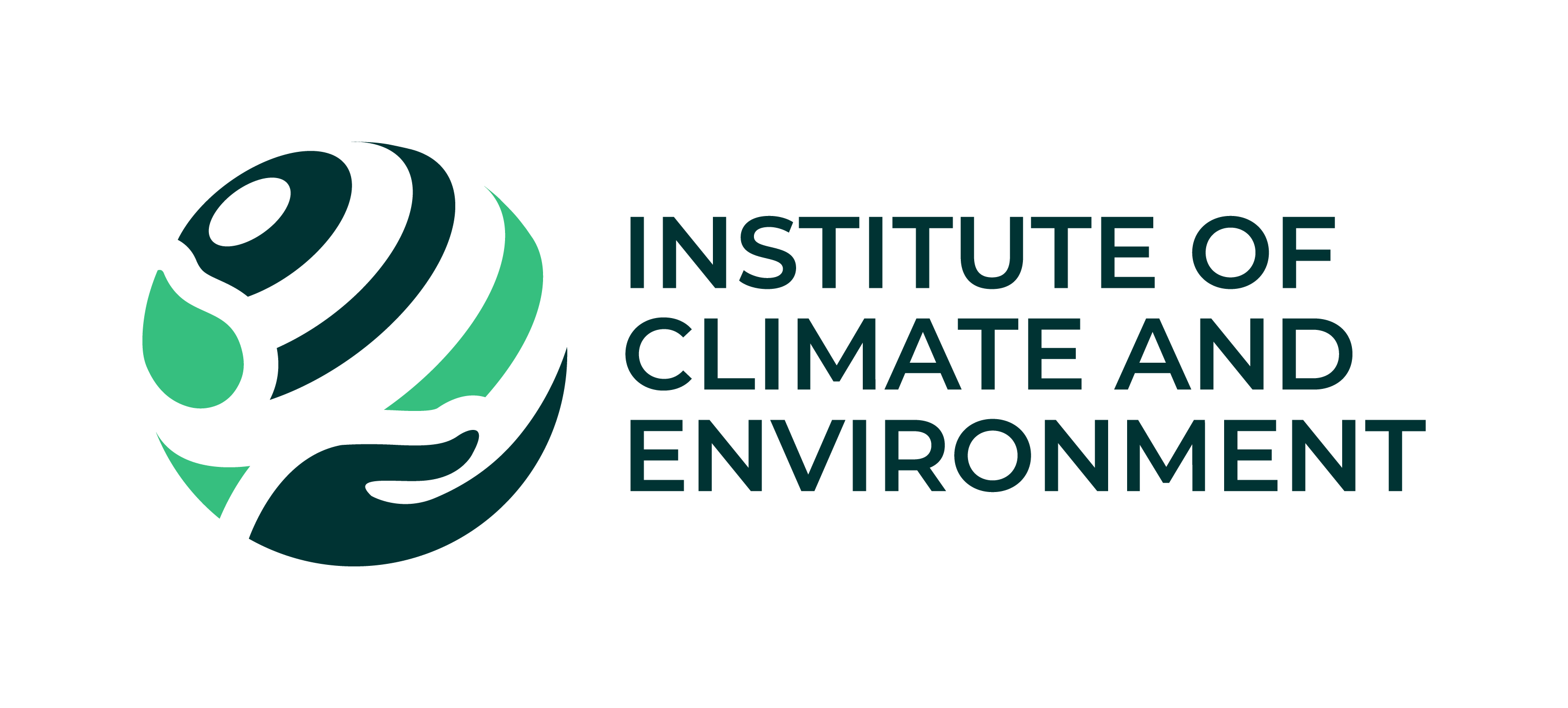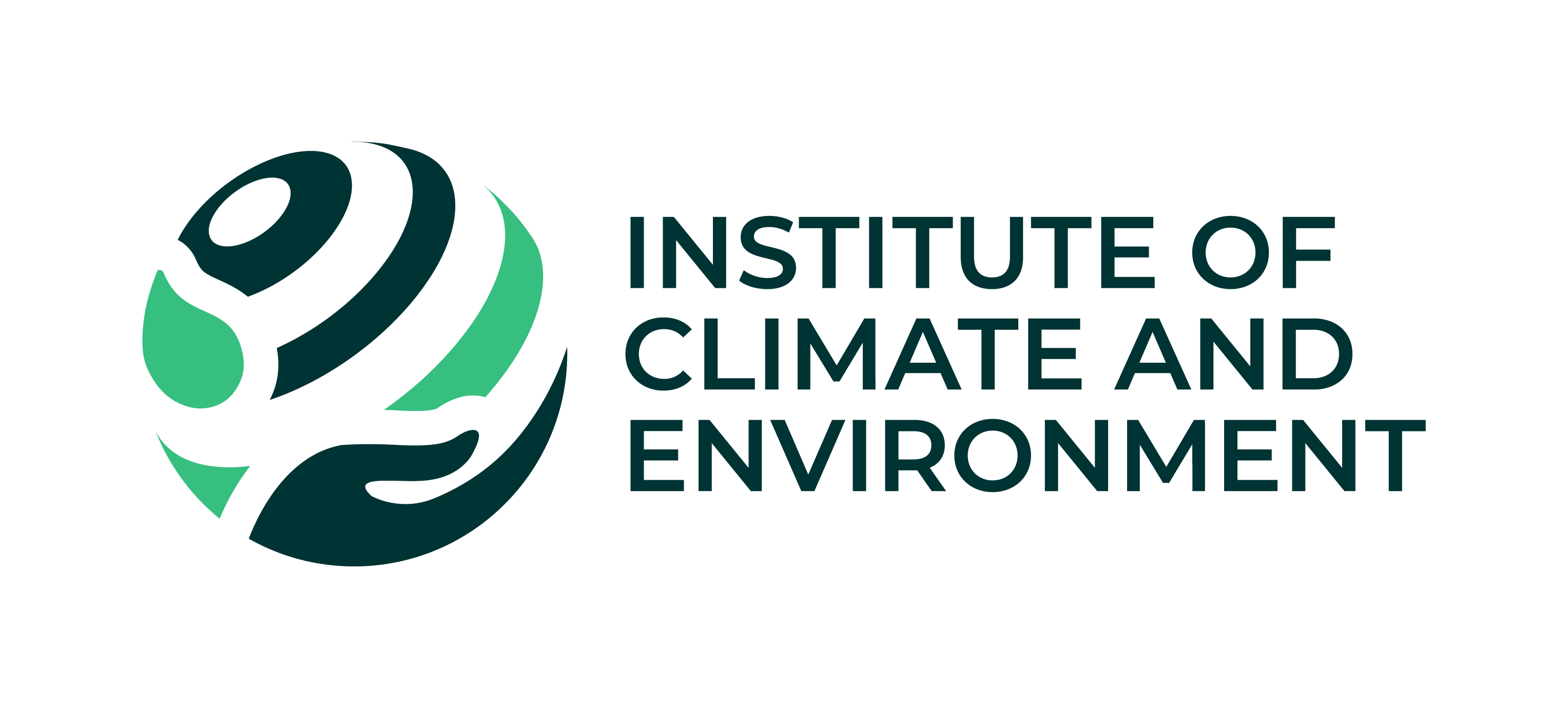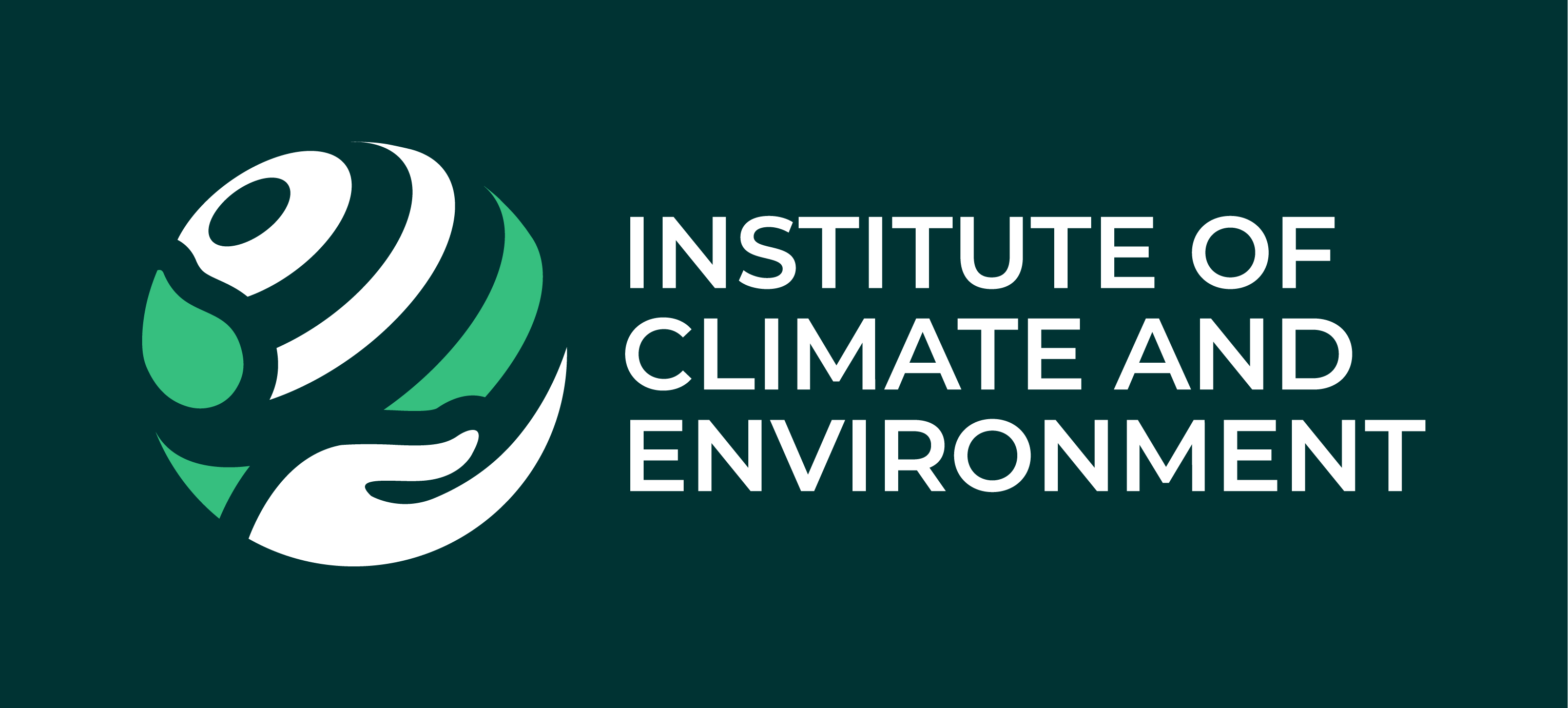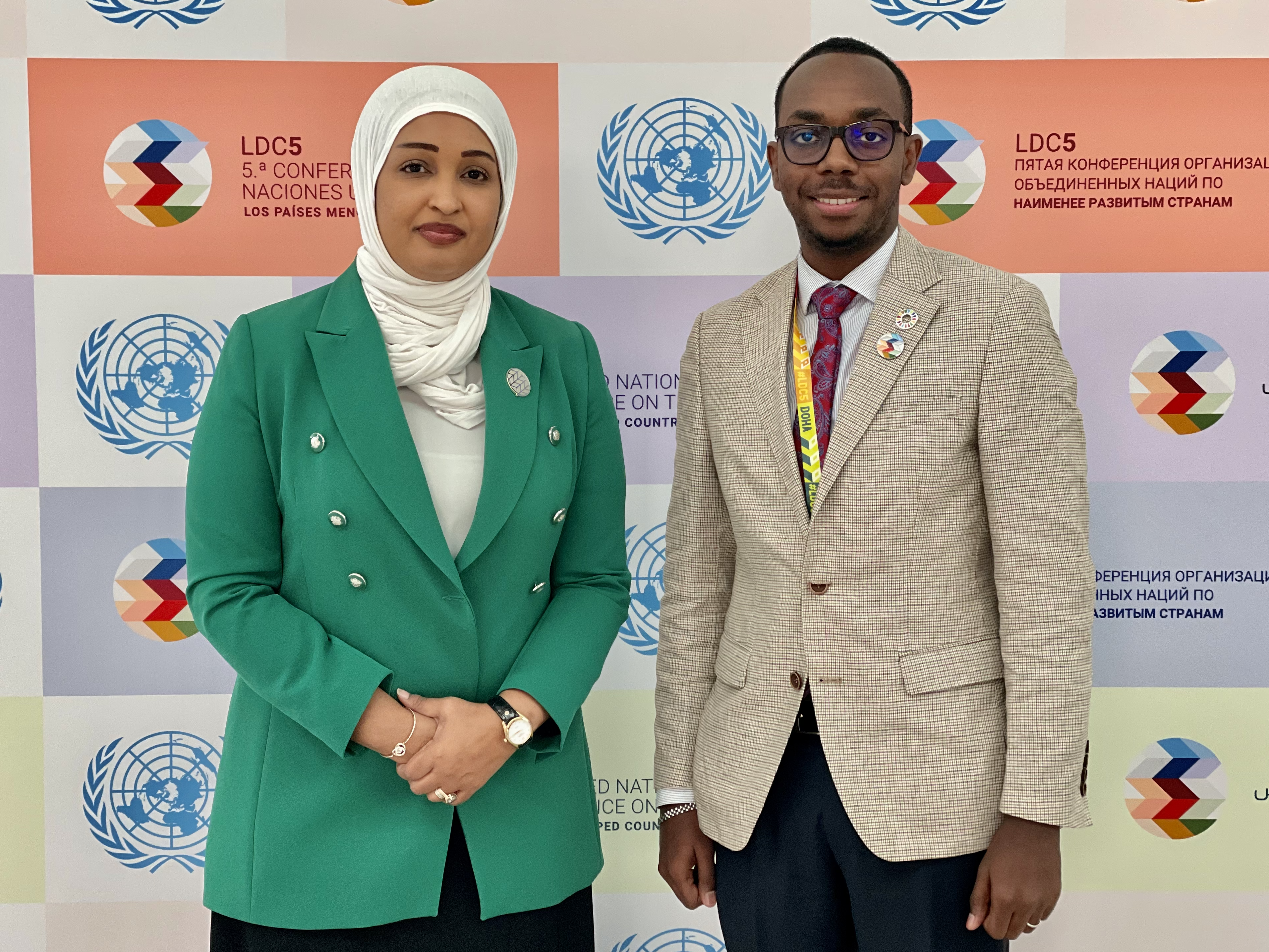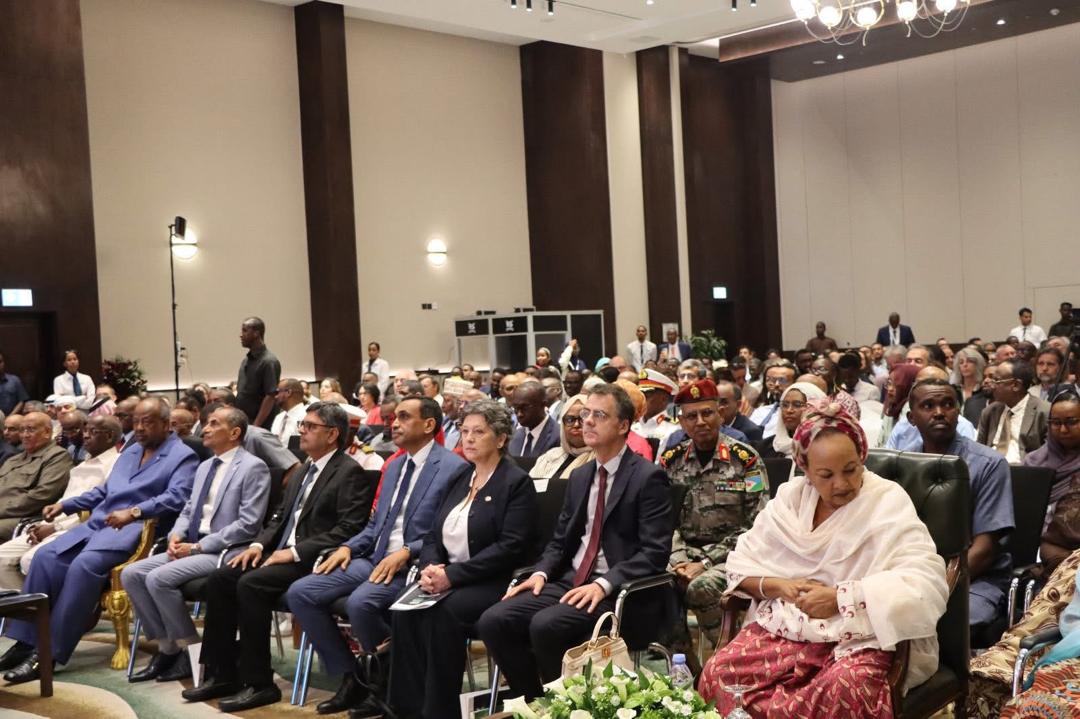
ICE Institute Joins at the African Climate Summit 2023
Climate change is a global catastrophe with no boundaries. Though it has an influence everywhere on the globe, its impact is not uniform. Nowhere is the climate crisis more obvious than in Africa, a region with particular climatic vulnerabilities and concerns. The first-ever Africa Climate Summit (ACS) was conducted in response to these difficulties, offering a forum for African countries to come together, exchange information, and collaborate on creating a sustainable future. It is noteworthy that the ICE Institute participated in the inaugural Africa Climate Summit to be part in charting a sustainable future for Africa and the planet.
Objectives of the Africa Climate Summit
The summit aimed to bring together African leaders, policymakers, scientists, international organizations, activists, and stakeholders from all sectors to collaborate on climate solutions. By fostering partnerships, the summit sought to harness collective expertise and resources. The summit encouraged African nations to develop and strengthen their climate action plans, aligning them with international goals like the Paris Agreement. These plans, known as Nationally Determined Contributions (NDCs), play a crucial role in reducing greenhouse gas emissions and adapting to climate impacts. The ACS recognized the pivotal role of young people in climate action; there was a three-day Africa Youth Climate Assembly (AYCA) before the main gathering that provided opportunities for youth leaders to participate, voice their concerns, and propose solutions. Youth-led initiatives gained recognition and support.
By recognizing the necessity of collaborative efforts, the summit highlighted the importance of African-led solutions to address climate challenges on the continent. It is notable that African leaders reaffirmed their commitment to tackling climate change. This was reflected in updated and more ambitious NDCs, which set clear targets for reducing emissions and enhancing resilience. Remarkably, African nations secured commitments from international donors and organizations to support climate projects on the continent. These commitments included funding for the implementation of green hydrogen initiatives, renewable energy infrastructure, climate-resilient agriculture, and education.
The Nairobi Declaration
According to the IPCC, Africa is warming more quickly than the rest of the globe. The economies and communities of the continent continue to experience negative effects from unpredictable weather events linked to climate change that impede development and place many African nations at disproportionate risk and burden. These events, such as prolonged droughts and devastating floods, put economies, health, education, peace, and security at risk. Nevertheless, the participants concur that Africa has not traditionally been the cause of global warming, but it is where its effects are most felt, having an influence on people’s lives, livelihoods, and economies. Therefore, the ACS has finally adopted the Nairobi Declaration, which demands increased African renewable generating capacity, new debt relief structures, and new global taxes to finance combating climate change in poor economies. Since global warming has created a trade-off between the pursuit of development aspirations and climate action for the growing economies, the Nairobi Declaration has emphasized the need for collective action to decarbonize the global economy and the enlargement of the adaptation fund towards the continent. In addition, the Declaration acts as the foundation for Africa’s joint stance in the international negotiations on climate change through COP28 and beyond.
ICE Institute at ACS
The participation of the ICE Institute at the inaugural Africa Climate Summit signifies the institute’s active involvement in addressing climate issues and its commitment to finding sustainable solutions. The Director, Mohamed Okash, as well as the Head of Research, Abdikafi Hassan, were present at the summit to engage with various stakeholders, including government officials, international organizations, non-governmental organizations (NGOs), private sector companies, and youth groups. This is a testament to the role of the institute as a proactive and influential player in driving climate action. The ICE Institute is committed to continuing engagement with stakeholders to advance its role in shaping climate resilience and sustainability in Africa.
